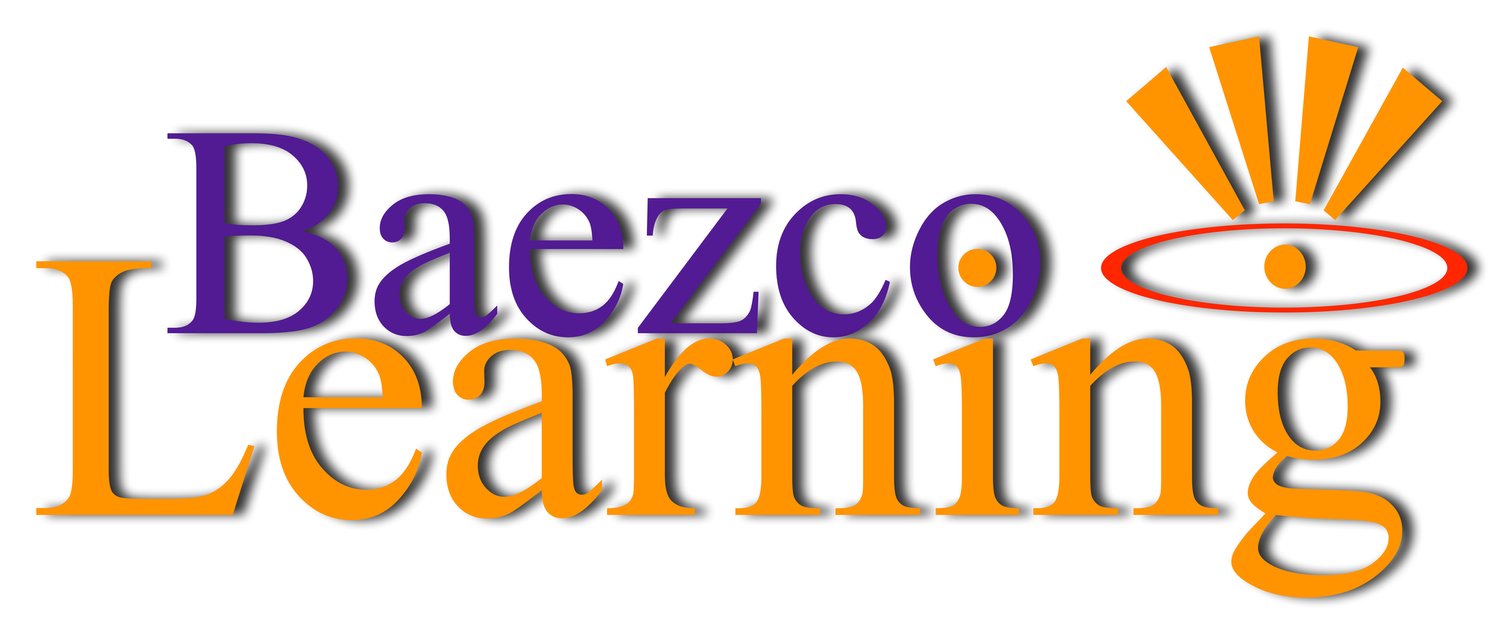The heartbeat of every successful organization is its people. It’s where human resources (HR) shines, transitioning from a primarily administrative function to a strategic partnership at the core of business success. In this article, we'll explore why being an HR manager is more than just a career choice - it's a call for those who want to make a real difference in the workplace and grow their organization.
Impact on Organizational Culture
HR managers are the architects of their company's culture. They lay the foundation for a work environment that fosters respect, diversity, and inclusion. Imagine being the primary reason your workplace is considered a great place to work, where every employee feels valued, heard, and motivated. The satisfaction derived from nurturing such an environment is unparalleled, making it one of the most fulfilling aspects of being an HR manager.
A Central Role in Strategic Decision Making
Gone are the days when HR was seen as a back-office function. Today, HR managers sit at the strategic planning table, aligning human resources with overall business objectives. From talent management to succession planning, HR's insights help steer the company toward its long-term goals, ensuring the right people are in place to achieve them. This strategic involvement allows HR managers to contribute directly to the organization's success, offering a sense of achievement and purpose.
Opportunities for Personal and Professional Growth
An HR manager's role is incredibly diverse, offering exposure to various aspects of the business. The job is a continuous learning journey, from recruiting and onboarding to developing training programs and maintaining compliance with labor laws. This variety keeps the day-to-day work interesting and contributes to substantial personal and professional growth.
The Reward of Supporting Employee Development
At the heart of HR is the opportunity to support and witness the growth of employees. HR managers play an important role in designing and implementing training programs, performance management systems, and career paths that help individuals achieve their potential. There's a unique joy in seeing an employee flourish, knowing you had a hand in their development.
Variety in Daily Tasks
If you're someone who thrives on variety, a career in HR promises that no two days will be the same. A combination of strategic planning, problem-solving, and people management keeps the work engaging and challenging. Whether mediating conflicts, planning a company-wide event, or developing policies, HR managers enjoy a dynamic work environment. For more insight on the daily responsibilities, check out these sample HR manager job descriptions.
Competitive Compensation and Benefits
Not only is the role of an HR manager rewarding in terms of job satisfaction, but it also offers competitive compensation packages. With attractive salaries, bonuses, and benefits, the financial rewards of a career in HR management are compelling. As organizations increasingly recognize the value of strategic HR management, the demand for skilled HR professionals continues to rise, reflecting positively on compensation trends.
Making a Real Difference
One of the most gratifying aspects of being an HR manager is the ability to make a real difference. Whether it's through implementing initiatives that improve work-life balance, fostering a culture of diversity and inclusion, or simply being there for employees during tough times, the impact of a dedicated manager is profound and far-reaching.
High Demand for Skilled HR Professionals
The demand for skilled HR professionals is on the rise, with organizations across various industries recognizing the critical role HR plays in achieving business success. This growing demand means more opportunities for HR managers to find challenging and rewarding positions that match their skills and interests.
Conclusion
Becoming an HR manager offers a unique blend of challenges and rewards, making it an attractive career path for those passionate about people, culture, and strategic business impact. If you're inspired by the prospect of making a tangible difference in the workplace and contributing to organizational success, a career in HR management might just be your calling. As the corporate world continues to evolve, the need for strategic, compassionate, and skilled HR professionals has never been greater. Are you ready to step up to the challenge?
For those interested in exploring this dynamic career path further, consider pursuing HR-related courses and certifications and joining professional organizations to expand your knowledge and network. The journey to becoming an HR manager is one of continuous learning and growth, with endless opportunities to make a lasting impact on the world of work.
With over two decades of HR expertise under his belt, Ricky has made a name for himself as a published professional who knows how to strategically align HR competencies with business goals. But what sets him apart is his refreshing, down-to-earth approach that resonates with everyone from executives to front-line staff. Ricky understands that the "H" in HR is more than just a letter—it's the heart of any successful organization. By forging strong partnerships and creating a fun, vibrant learning environment, he helps companies minimize legal risk while maximizing employee engagement and satisfaction. As a proud four-year veteran of the United States Marine Corps, Ricky knows a thing or two about leadership and teamwork. He leverages that experience to guide business leaders from "here" to "there" using talent management, training and development, and leadership coaching strategies that deliver real, measurable results. But Ricky isn't just a seasoned practitioner—he's also an accomplished educator. As a faculty member for the Master of Human Resources program at Rollins College in Winter Park, FL, he shares his passion for HR with the next generation of professionals.























